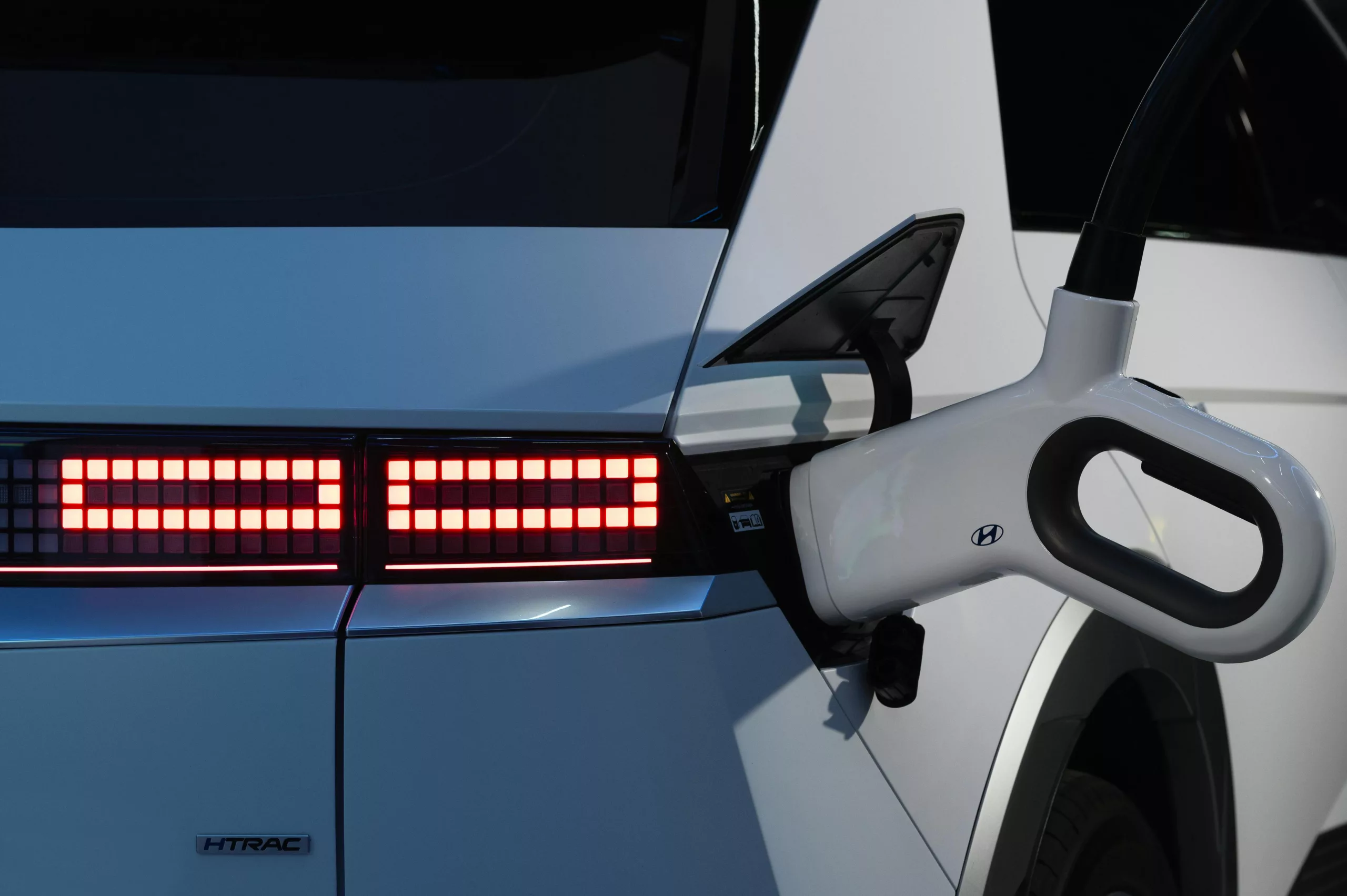The electric vehicle (EV) market in the United States hit a new milestone in 2023, with EV sales reaching an unprecedented 1.2 million vehicles. This accounts for a significant 7.6% of total vehicle sales across the country, as highlighted by Kelley Blue Book data.
The Surprising Trend of Decreased Electricity Generation
In light of the surge in EV adoption, it would seem logical to expect a parallel increase in electricity consumption. However, the reality defies this expectation. Despite a substantial growth in the number of electric vehicles – amounting to over one million new EVs that are recharged at various power outlets and stations – the actual figures for electricity generation point elsewhere. As of November 2023, the latest reports from the Energy Information Administration indicate a decrease in electricity generation by 1.1%.
A Testament to 20 Years of Energy Efficiency
The plateauing of electricity use is a trend at least two decades strong, oscillating between 3,800 and 4,000 billion kWh yearly. This stability in energy consumption occurred even as the U.S. population rose by 30 million, houses expanded in size, the number of data centers jumped to over 5,000, and 2.5 million EVs began drawing power from the grid.
The Power of Efficiency
So, what’s the secret behind maintaining a steady electric grid amidst these growing energy demands? The answer is succinct: efficiency. Strides in technology and stringent appliance standards have significantly advanced the energy efficiency of electric appliances. For example, from 1980 to 2014, there was an impressive 50% improvement in the energy intensity ratio, which measures the energy used in relation to the Gross Domestic Product (GDP). And for those wondering, the flat electricity usage isn’t a result of a shift to gas – residential gas consumption has been unchanged since the 1970s.
The Future of Energy Efficiency
The prospect of continuous improvements in energy efficiency is promising. There is a plethora of untapped opportunities, such as widespread adoption of LED lighting and the nascent expansion of heat pump technology, which offers significant energy savings for heating spaces, water, and even drying clothes. Building codes are evolving, and appliance standards are steadily being elevated, leading to increasingly efficient homes, commercial structures, and energy-consuming devices, all without sacrificing performance.
The Implications of Reduced Electricity Production
The reduction in electricity production by 1% in 2023 serves as an illustrative example: theoretically, the grid could have supported up to 10 million additional EVs without any increase in overall electricity usage. This stands as a testament to the efficiency revolution that we are experiencing.
Embracing the Efficiency Revolution
The next time you encounter skepticism about the grid’s capacity to cope with the electrification of, well, everything, remember to highlight the role of efficiency. The magic of efficiency is what’s countering the rise in electricity demand, even in the face of escalating EV integration. This “good news” about energy use is worth sharing and could reshape the narrative around our power systems’ flexibility and potential for sustainable growth.
